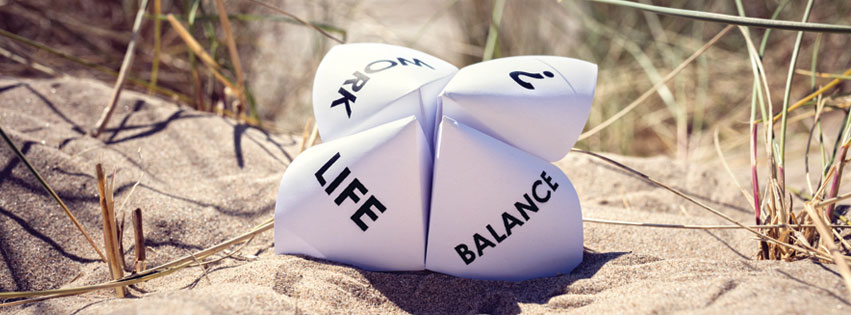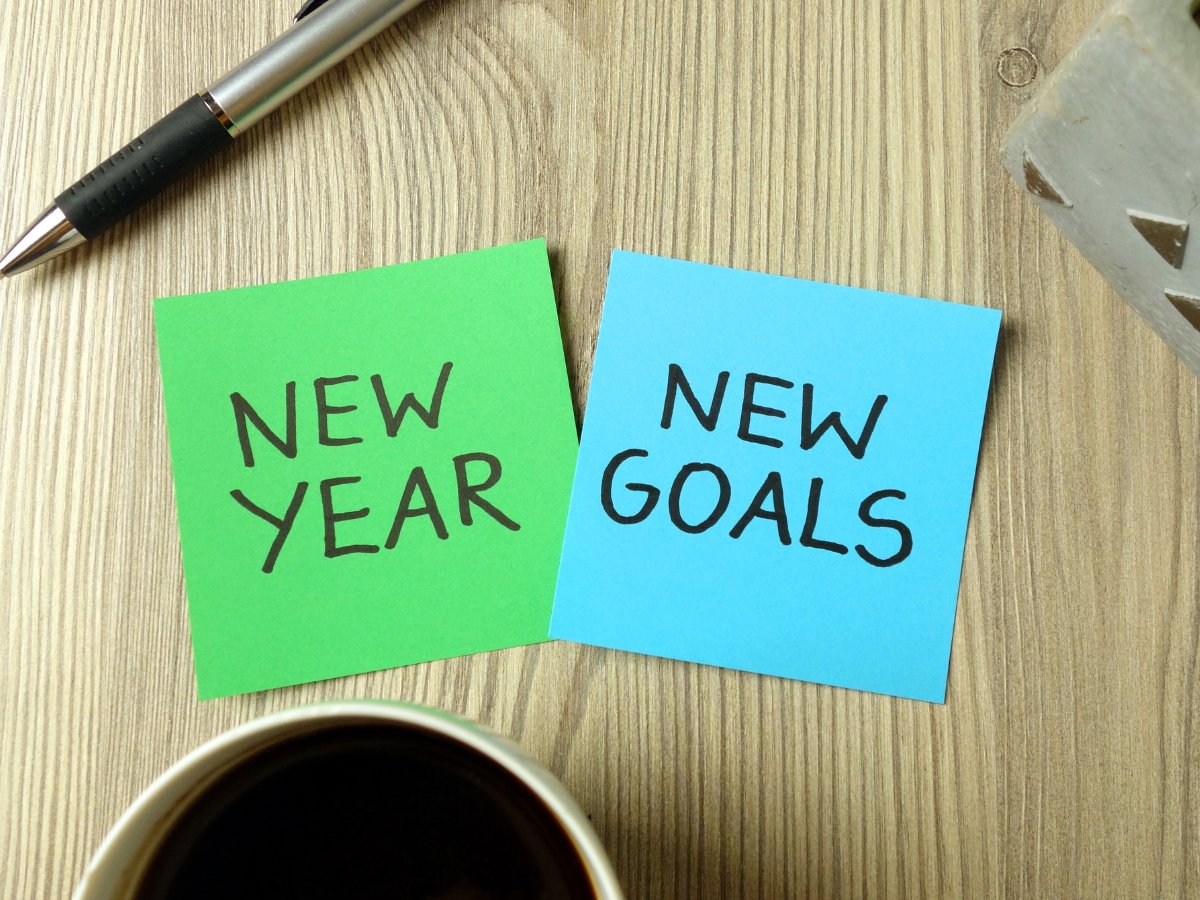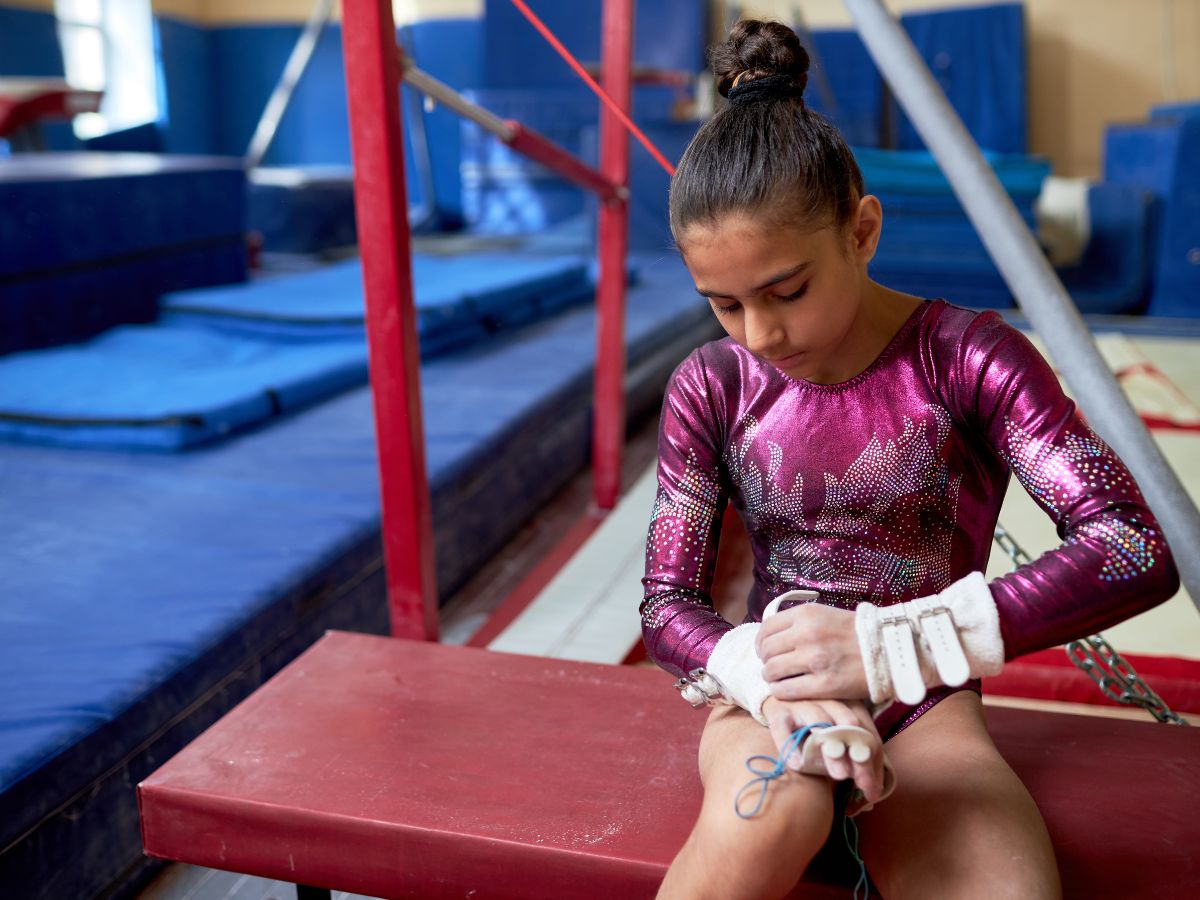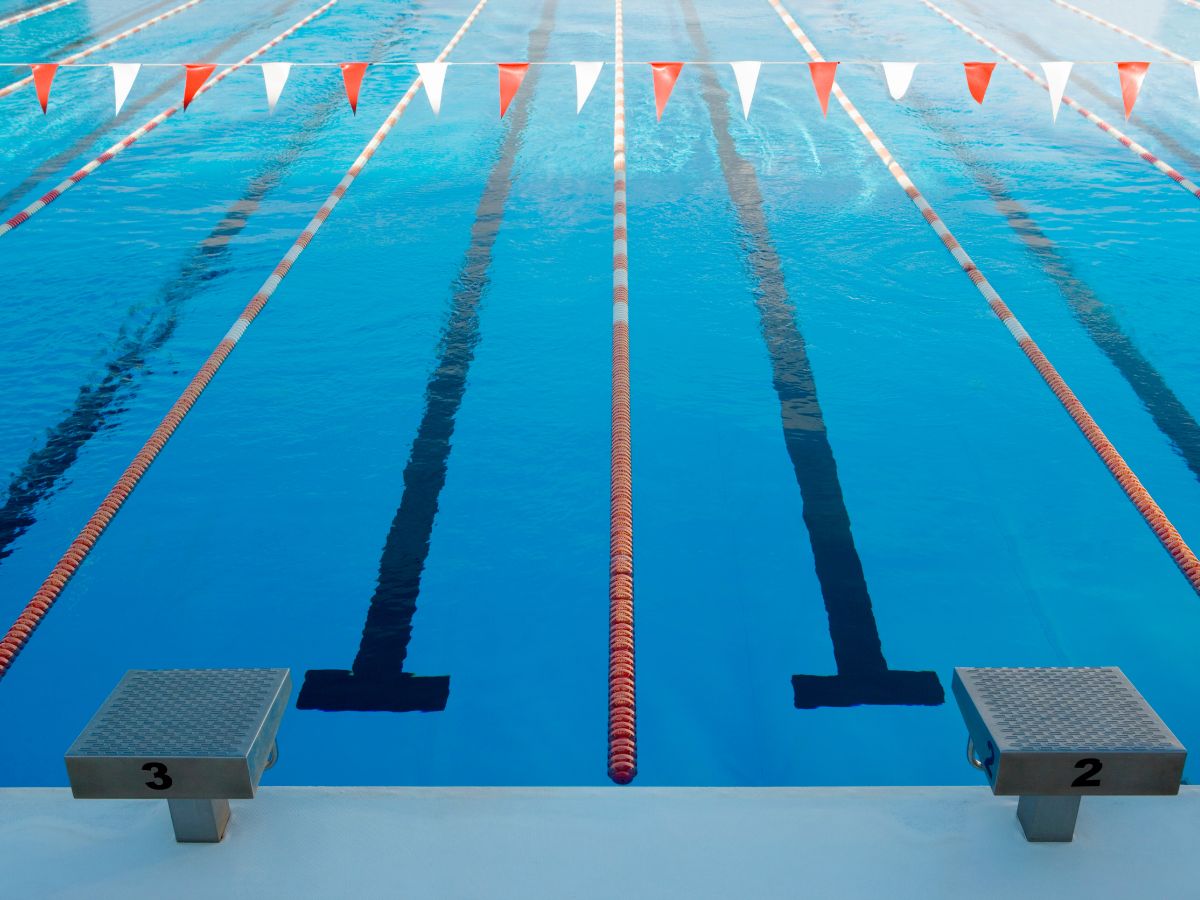As much as you love your kids’ gym and your team, you have to disengage from it on a regular basis. By disengage, we mean turning the phone off for an afternoon, perhaps even a weekend. Disengage from the business by fully engaging your energies in something else that makes you happy: your family, your community, perhaps even doing nothing for an hour.
It can sound scary to step away from time to time, but you must maintain a healthy work/life balance if you want to recharge your batteries.
Leaders delegate
By definition, a leader is someone who has other people, at least one person, following their direction. You’re not a leader if you’re running around doing everything yourself. You need to learn how to delegate well. When deciding what tasks to delegate, ask yourself these questions:
- Is this a task that can be automated? If so, automate it.
- Is this a routine task that needs to be done the same way every time? If so, train a few people on your staff to do it. Train enough people, so you have the task covered, whether it’s done on a fixed schedule or at your request, and so there’s a back-up in case the people with primary responsibility for the task can’t get it done.
- Is this a task that requires a strategic understanding of your gym’s business or has the potential for significant revenue impact? As the gym owner, you must have the bandwidth and clarity of mind to handle all high-value tasks. That doesn’t mean you won’t spend time on routine tasks. Once you’re delegating low-value tasks, now you have the space to focus on the opportunities and fires that should get your attention.
You’ll be able to manage your work/life balance more pro-actively when you actively limit what tasks are yours to do and those you can delegate. For delegation to work, you have to communicate what’s expected of whom, and you need to trust the people to whom you’re delegating.
Just as you’re keeping the highest value tasks for yourself, delegate tasks with different levels of importance to different staff based on who’s earned your trust and has the capabilities. You can also use delegation of minor tasks as a pathway for a new or younger staff member to trust and develop their skills, which you can reward with greater responsibility.
Even with delegation, it does remain your responsibility as the owner to verify that work is getting done as you directed. That’s one of those high-value tasks that can’t be delegated.
Distinguishing between good and bad stress
Getting over-stressed is a classic result of not maintaining a healthy work/life balance. The goal is to minimize bad stress and channel good stress into positive action.
According to Frank Sahlein, CEO of 3rd Level Consulting, kids’ gym owners need to identify what type of stress they’re experiencing:
- Acute stress occurs when there’s an immediate danger or risk, and a fast decision needs to be made immediately. This is typically negative stress as people often feel unprepared yet required to take some action. You can reduce the frequency and intensity of acute stress through planning and preparation.
- Chronic stress is the stress you feel from unresolved tension, often the result of avoiding situations because they’ll be uncomfortable or unpredictable. You must identify the causes of the stress before you can relieve it. While confronting the source of chronic stress may not be easy, it becomes easier if you’re replenishing all four of your energy categories (more on these categories in a bit).
- Eustress is the good kind of stress. When your students are training for a competition or learning a complicated, new skill, you teach them to use the tension and urgency they feel to fuel their drive to achieve, right? That tension and urgency is eustress, and it’s valuable.
You can manage all these different types of stress better when you keep up your energy in your key categories. That’s why stepping away from the business is critical to staying energized and focused when you are at the gym. You’ve taken the time to restore your much-needed energy.
Sahlein offers these tips for replenishing your energy in these four areas:
- Physical energy: This should be an easy one. Get some physical activity every day. If you’re doing it at the gym, either do it when there aren’t any classes or let staff know it’s your time not to be disturbed.
- Mental energy: Exercise your mental energy to grow those brain muscles just like you do with your body. Use visualization both for your gym and your personal life. Spark your creativity by taking a class or doing an activity outside your comfort zone.
- Emotional energy: Volunteer or get involved with a religious or community group that gives you the opportunity to deepen your connection and empathy for others. Building this sort of empathy will improve your patience and energy for team-building and handling difficult parents.
- Spiritual energy: This a force that enhances all your other energy levels because it triggers a sense of personal passion and commitment. Build your spiritual energy through personal introspection, family time, or getting close to nature. Seeing our place in the universe invigorates our sense of purpose and provides perspective.
Being there for your kids’ gym by stepping away
If you don’t devote time to other vital areas of your life, besides your kids’ gym, you’ll run yourself down in every area – including taking energy away from operating a successful business. Your team and students deserve a motivated and engaged gym owner.
 hbspt.cta.load(3803665, ‘1fea5143-3792-4868-a458-d020e3e5aab0’, {});
hbspt.cta.load(3803665, ‘1fea5143-3792-4868-a458-d020e3e5aab0’, {});







